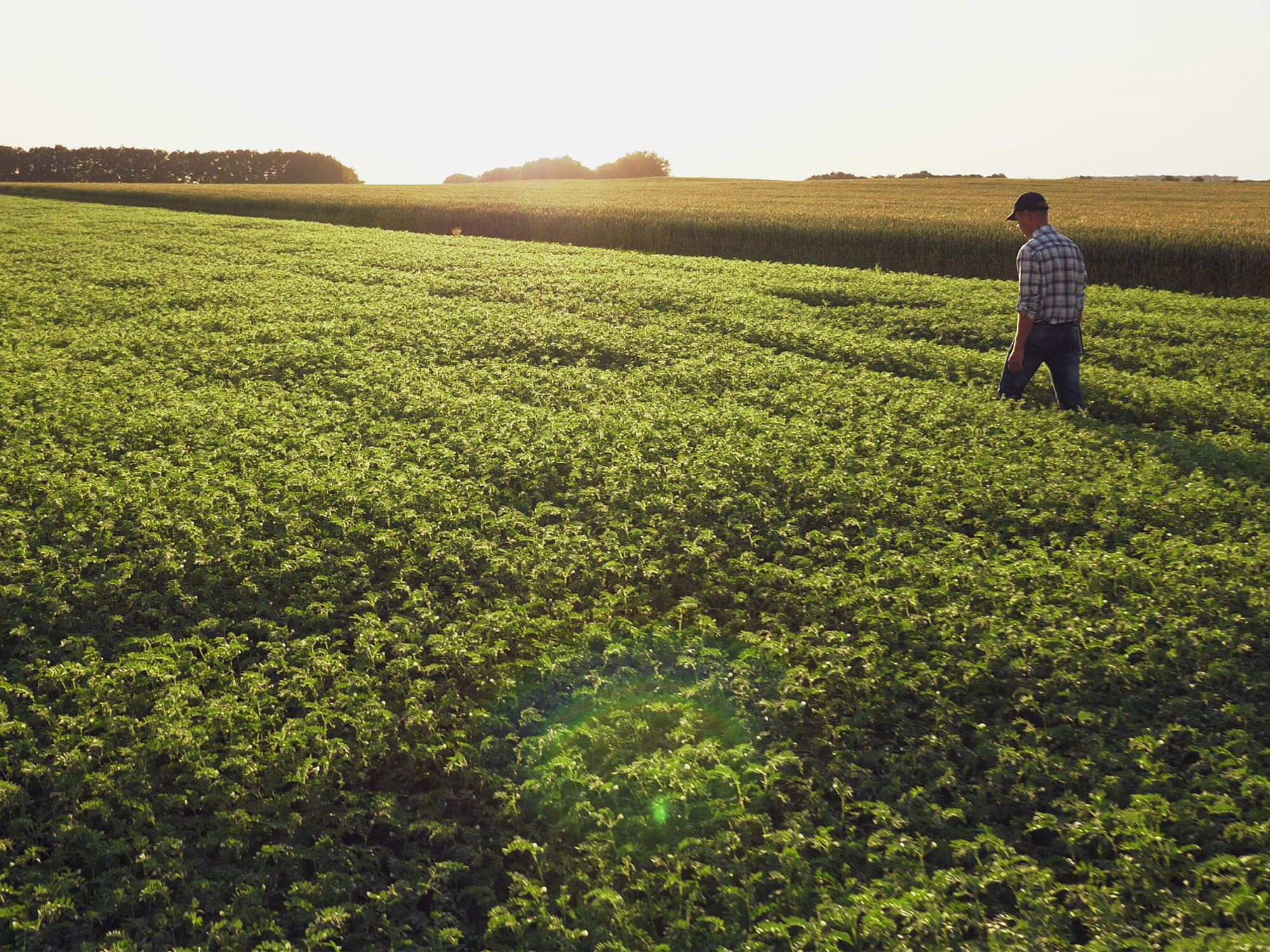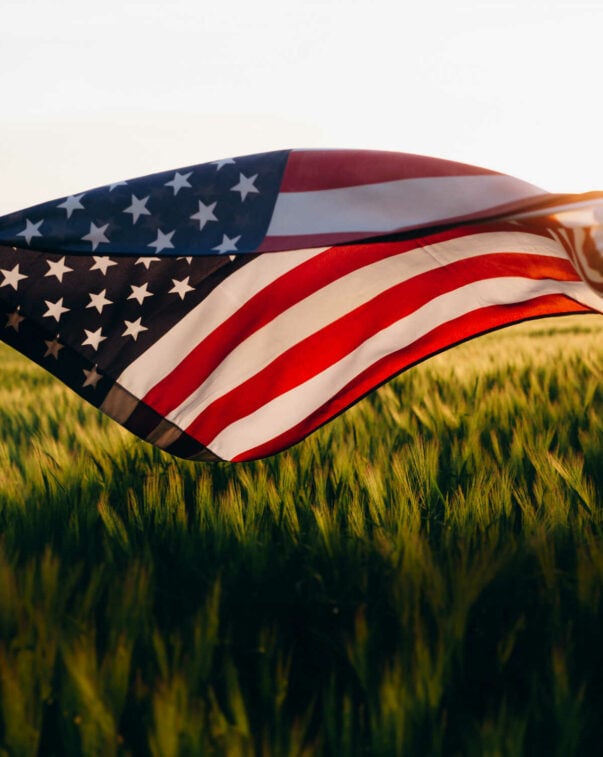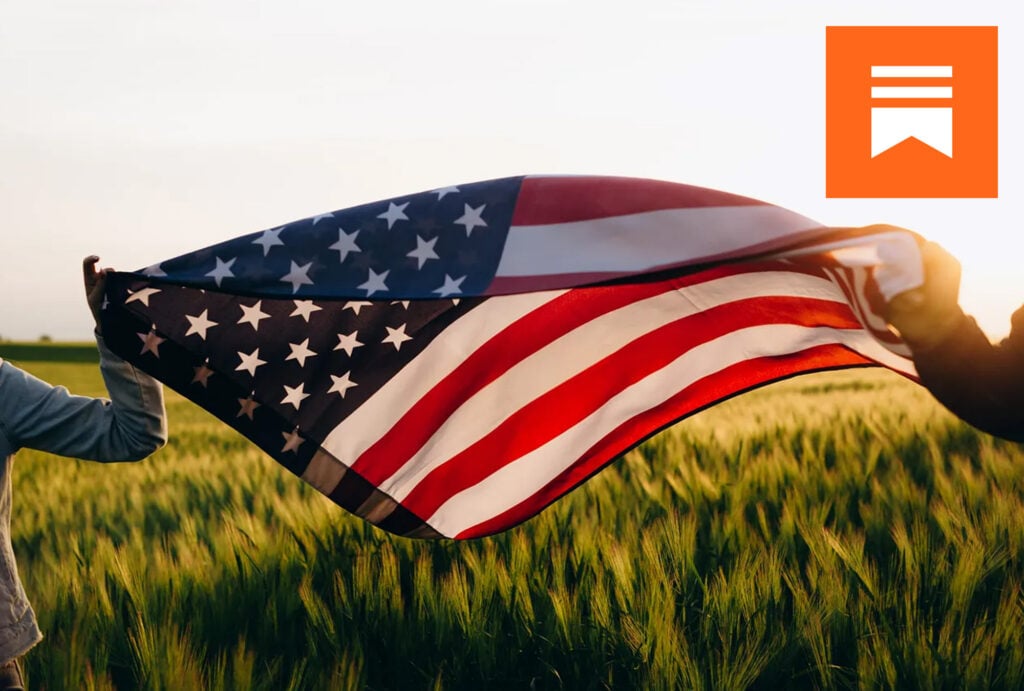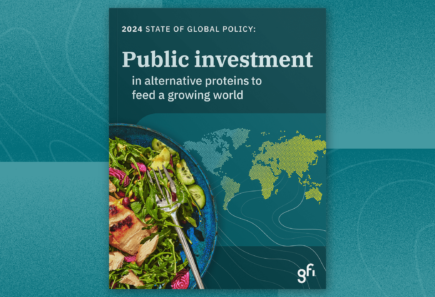
Alternative proteins are a global food security solution
Climate extremes, disease outbreaks, global conflicts, and market volatility have exposed vulnerabilities in our food system, disrupting the ability to safely and securely grow, produce, and deliver food. Diversifying meat production by accelerating progress on alternative proteins will allow more protein production with fewer resources.
Feeding more people in more efficient ways
Global demand for meat and seafood continues to grow. Meat consumption worldwide is projected to rise by at least 50 percent by 2050 from 2012 levels. From 2020 to 2030, global seafood production is expected to grow by 14 percent. Amidst mounting challenges facing our agricultural supply chain, we cannot scale up existing meat production indefinitely. Those on the frontlines of food production are seeing this reality firsthand.
Rising demand for meat and seafood coupled with a dwindling supply of farmland and diminishing stocks in the ocean is putting significant pressure on farmers and fishers to produce more with less. Additional challenges in the United States and around the world include climate-driven drought, deforestation-fueled flooding, devastating bird flus, and crop disease.
The inefficiencies inherent in conventional meat and seafood production make our protein supply chain vulnerable. According to the World Resources Institute, chicken is the most efficient animal at turning crops into meat, and yet chicken production requires nine calories of feed to create one calorie of chicken. One-third of all staple crops grown today are fed to farmed animals, while one in nine people around the world are undernourished.
Alternative proteins—meat made from plants, cultivated from animal cells, or produced via fermentation—are agricultural innovations that require less land and water to produce, reduce emissions, and lower risk across supply chains. Diversifying protein builds much-needed resilience into our food supply.

Resource
Alternative protein innovation bolsters national security
Alternative protein technologies produce meat with high efficiency, providing fortification for our food system and defense against growing threats.
A smarter way to feed the world
Seventy-five percent of the world’s agricultural land is used for raising and feeding farmed animals, yet it only provides one-third of the global protein supply. Under a business-as-usual scenario, agricultural land—primarily pastures and feed crops—is projected to expand by more than 600 million hectares by 2050, an area twice the size of India. Alternative proteins offer a way to produce food more sustainably, using fewer resources while strengthening global food security.
Related resources

Support our work
Every research project funded, every innovator inspired, and every GFI donor helps transform how we feed the world. Our work advances the science of alternative proteins, brings more talent to the field, and ensures a fair playing field for new foods in the marketplace. But while the entire sector has made huge strides, there is so much further to go. Together, we are reimagining a protein supply that can feed a growing population while protecting our planet and everyone who calls it home.







